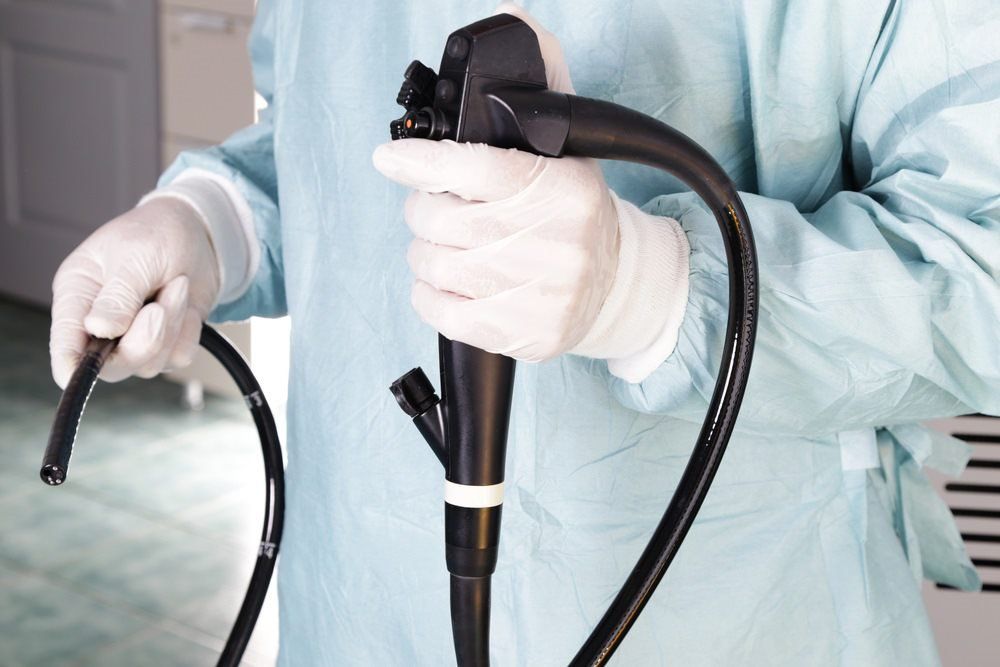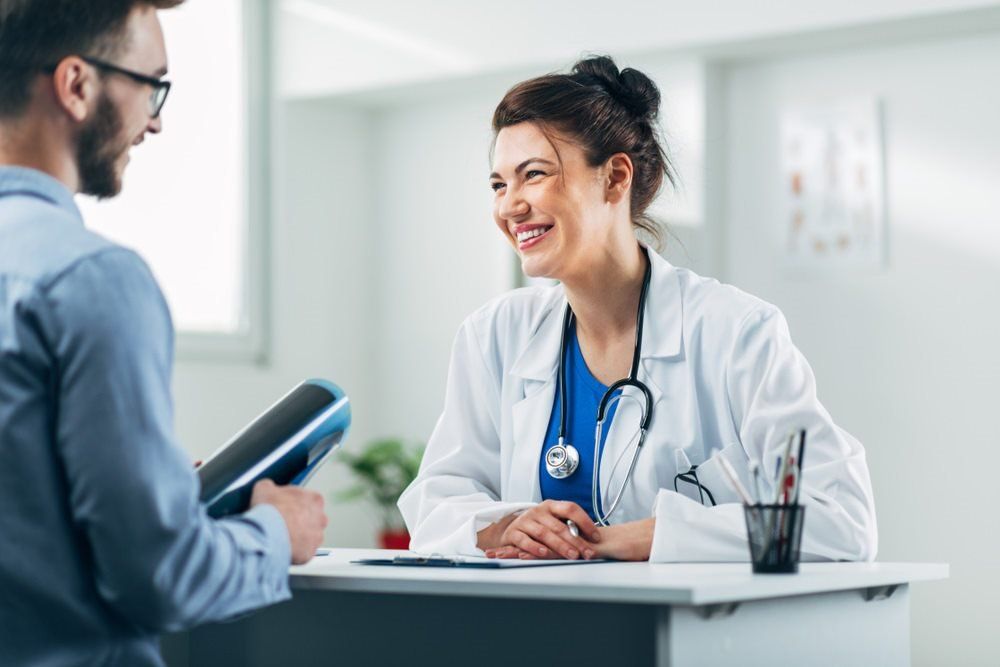We Provide Endoscopies in Mackay
What is an Endoscopy?
An endoscopic procedure is performed so that the oesophagus, stomach and duodenum (upper small intestine) can be examined – and disease effecting these organs accurately diagnosed. It is performed under sedation anaesthetic and involves a flexible tube with its own inbuilt video camera and light (an endoscope) being inserted into the mouth. Dr Cody Fitzgerald and his team in Mackay can handle all facets of endoscopy, providing your physician with a detailed information regarding the findings.
Biopsies can be undertaken during the endoscopic procedure. In addition to playing a diagnostic role, endoscopy can aid in certain procedures. For example, it can aid in treating certain conditions, such as Gastric Polyps and Peptic Ulcers.
To find out more about the endoscopic services provided by Dr Cody, or schedule an appointment, call
(07) 4942 3111.
Colonoscopies are also performed at the practice.
Conditions Detected Via Endoscopy
An endoscopy can detect a wide variety of conditions, including cancer, gastrointestinal bleeding and blockages in the digestive tract. It can also be used to take biopsies, or small samples of tissue, for further testing. In some cases, an endoscopy may be used to treat certain conditions, such as removing a foreign object from the digestive tract or opening a blocked duct leading to the stomach.
Do you suffer from persistent upper abdominal pain, nausea, vomiting or difficulty swallowing? Dr Cody can help get to the root cause of the issue via an endoscopic procedure. With his help, you can gain clarity and the information needed to determine the best course of action. Dr Cody can also help you prepare for the endoscopic treatment.
Reach out to Dr Cody Fitzgerald today to find out more about the treatments available.
Frequently Asked Questions
City skyline
Arrange an Appointment Today






